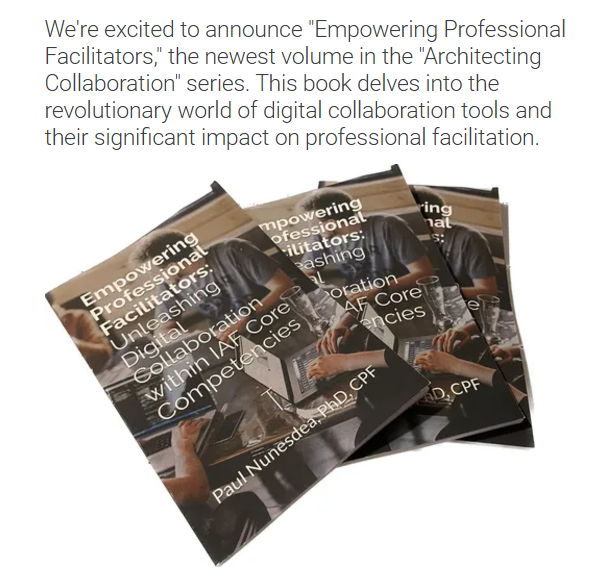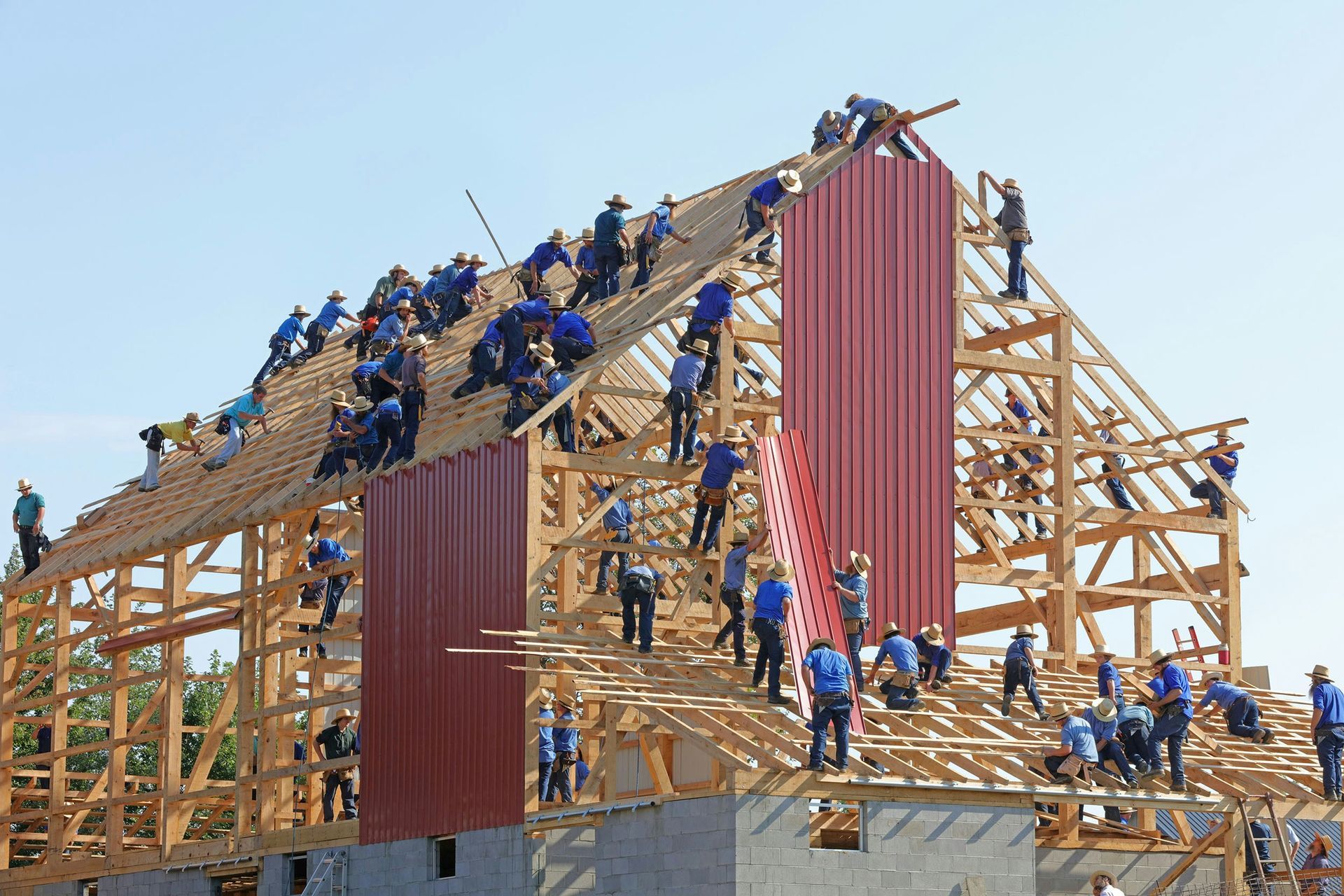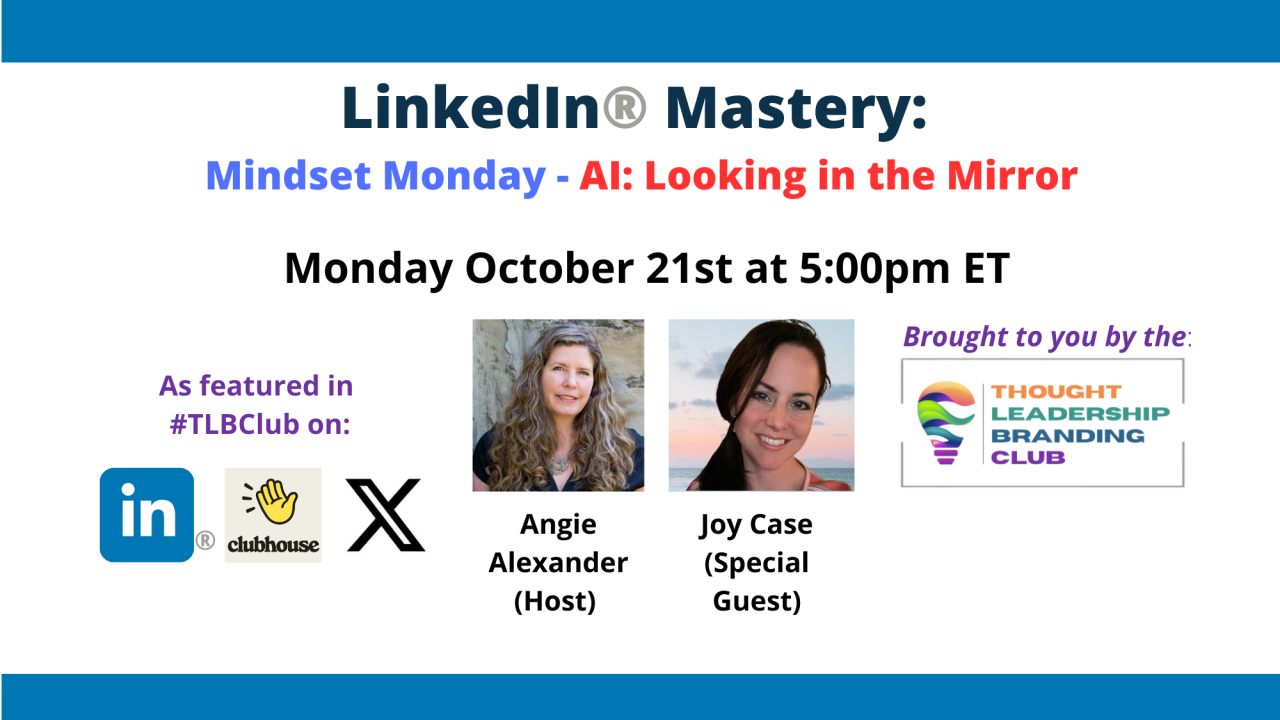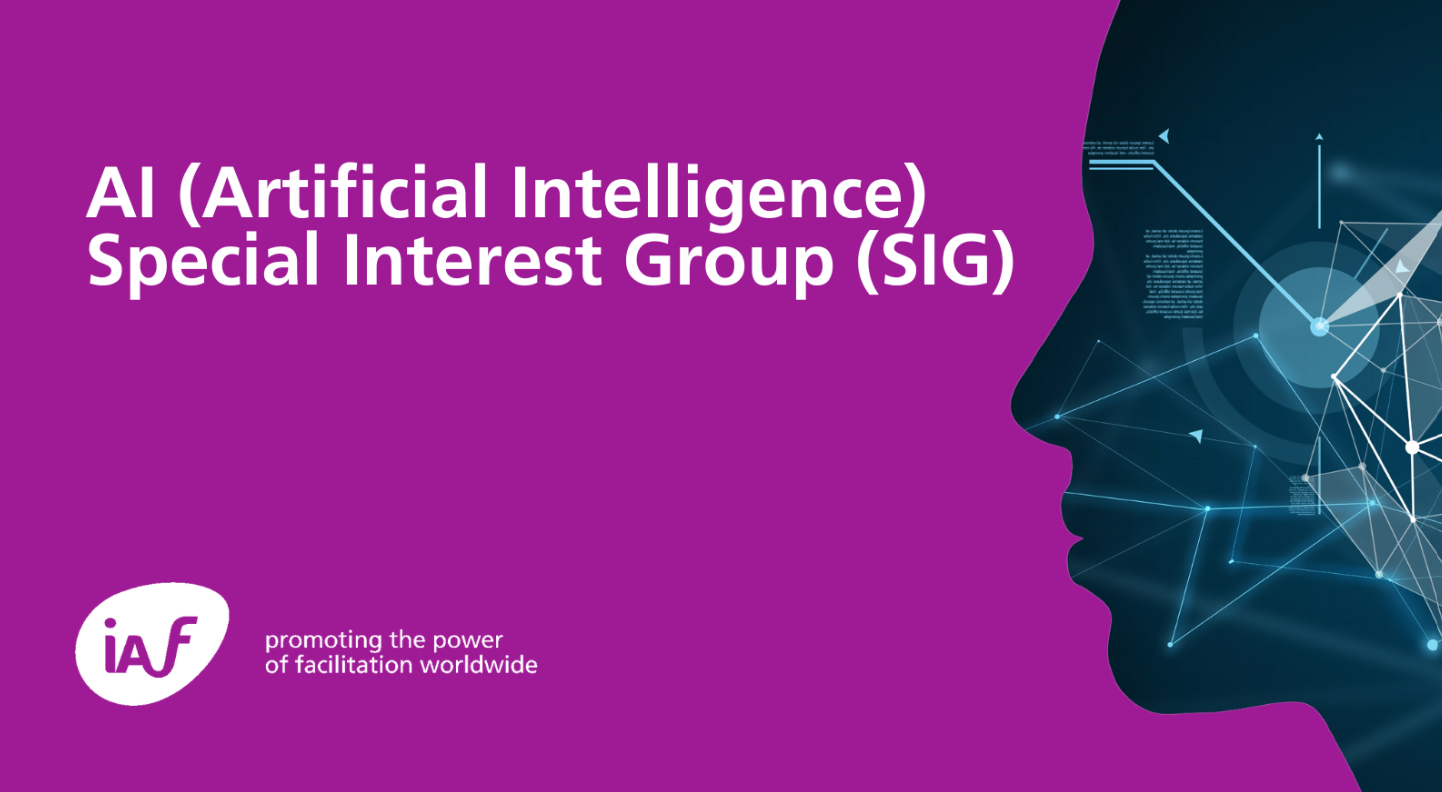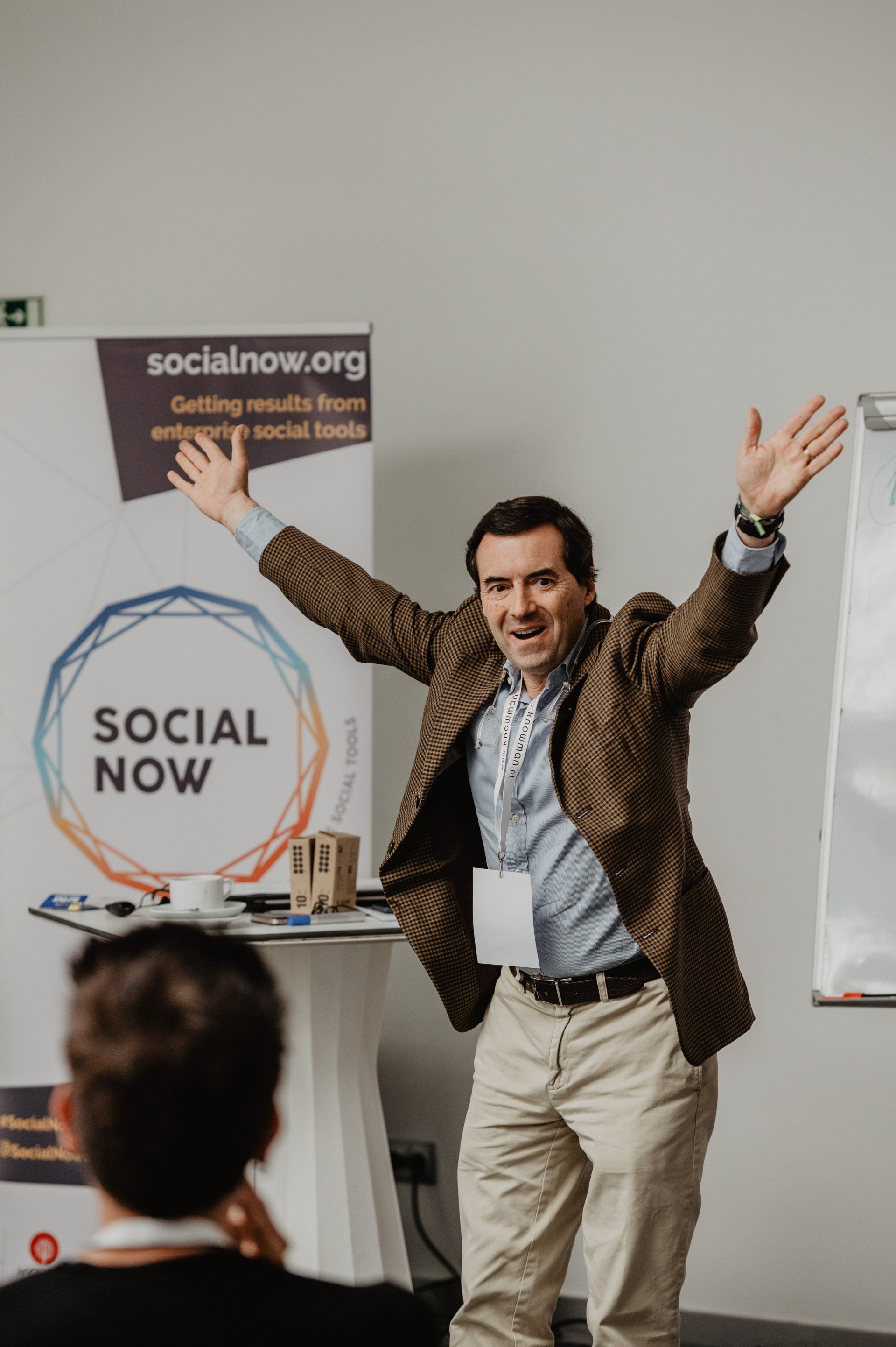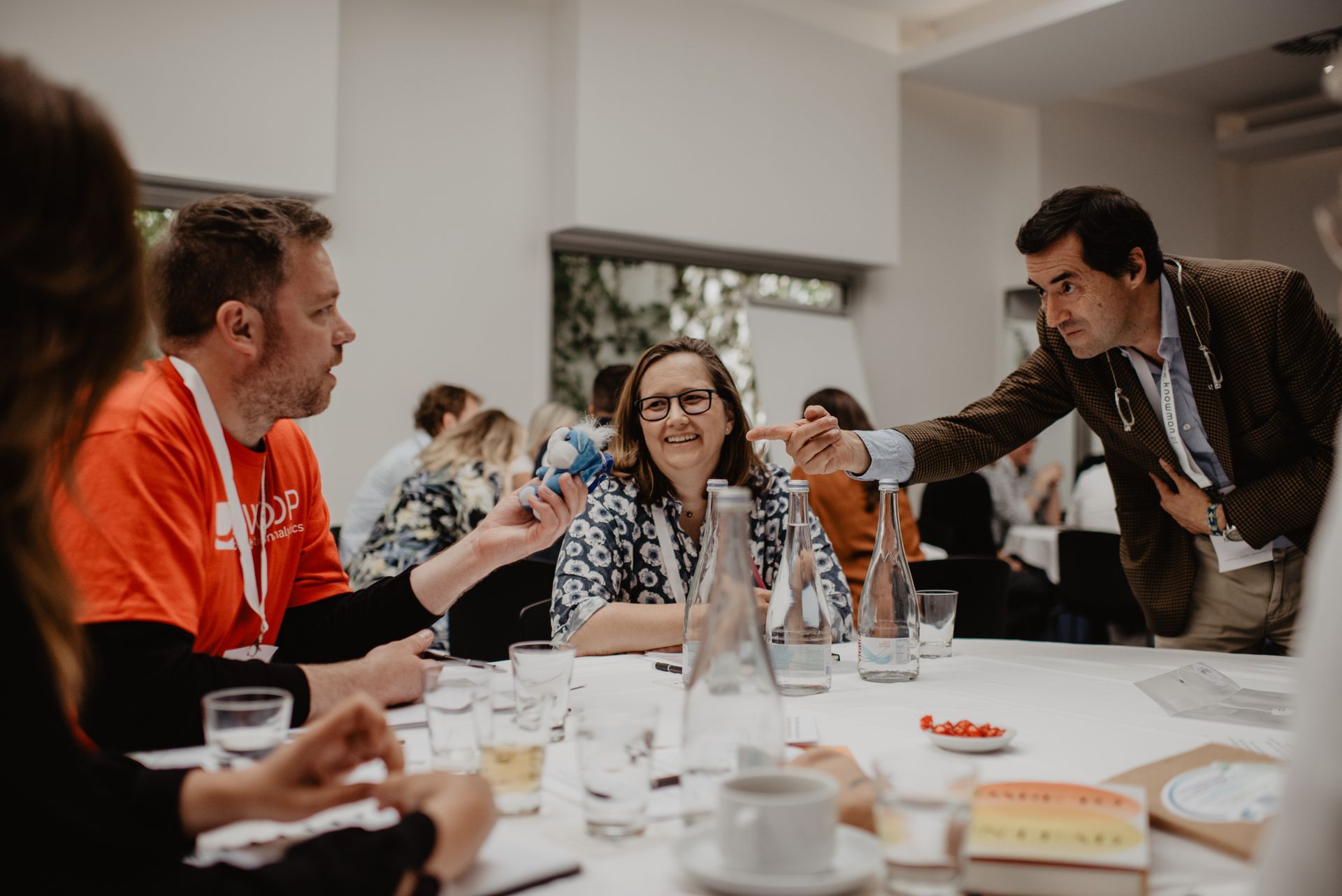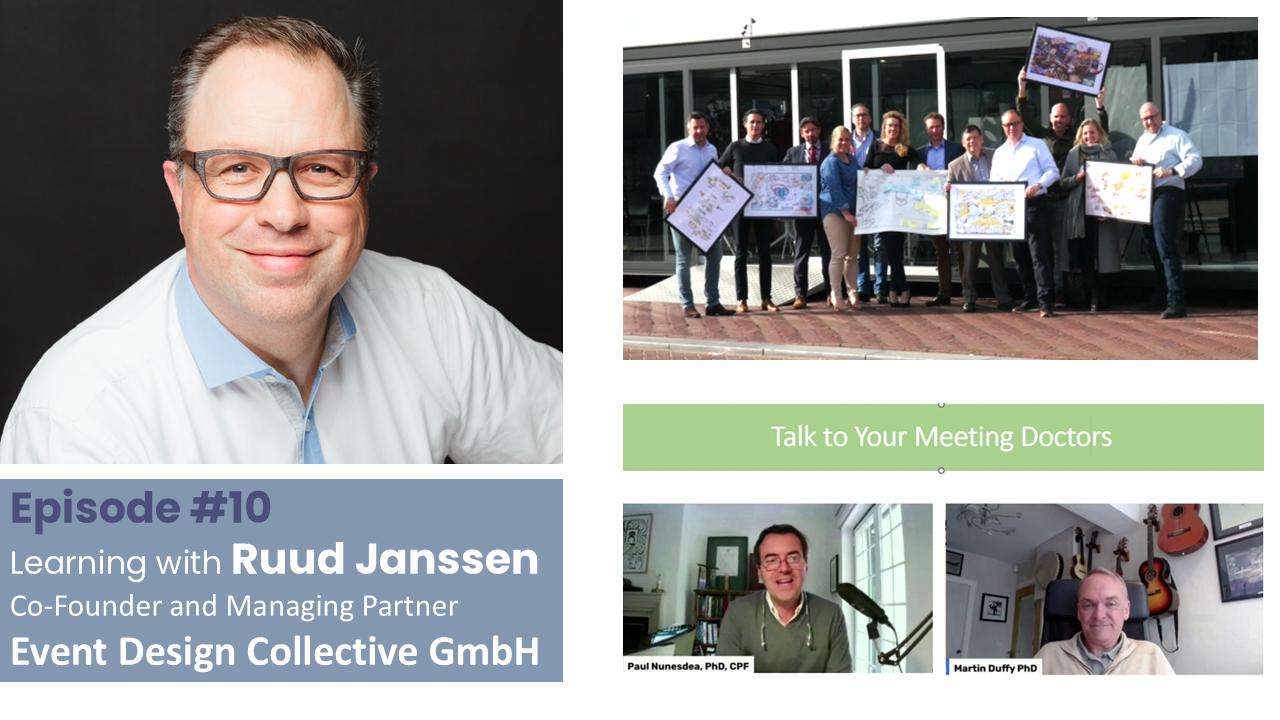
Bridging Methodology and Practice: How Soft Systems Methodology Shapes the Roundtable Principles
From Foundations to Framework: The Origins of the Roundtable Principles
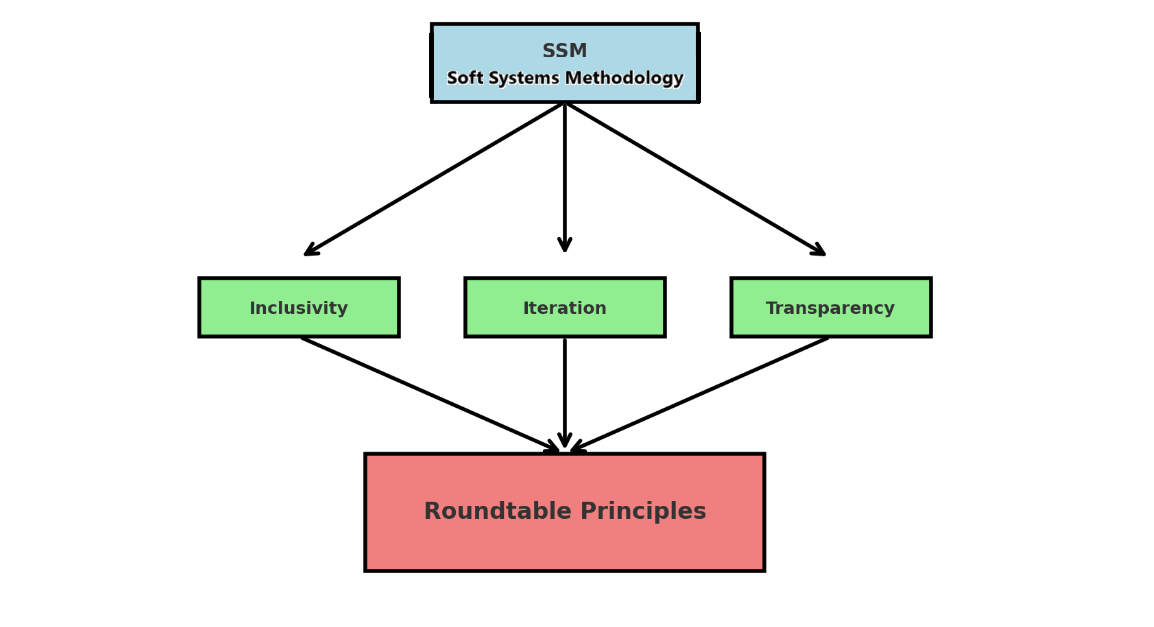
In the world of complex problem-solving, the need for structured yet adaptive approaches is undeniable. As the creator of the Roundtable Principles—a curated framework designed to foster meaningful collaboration—I am often asked about the intellectual roots of these principles. The answer leads back to my academic journey and professional practice, particularly my PhD work at Lancaster University under the guidance of Peter Checkland, the creator of Soft Systems Methodology (SSM).
SSM is a powerful approach to tackling “messy” problems—those where differing perspectives and conflicting interests make straightforward solutions impossible. It was within the rich environment of Checkland’s mentorship that I began to see how structured dialogue and iterative learning could transform chaos into clarity. This philosophy profoundly influenced my development of the Roundtable Principles, embedding SSM’s systemic rigor into a more accessible, actionable framework.
The Foundation: SSM and Its Core Values
At its heart, SSM is about acknowledging complexity. It provides tools to explore differing worldviews, identify areas of shared understanding, and facilitate meaningful action. This methodology prioritizes:
- Inclusivity: Bringing diverse perspectives into the conversation.
- Iteration: Testing ideas through cycles of reflection and refinement.
- Transparency: Making assumptions and processes explicit for all participants.
These values align seamlessly with the Roundtable Principles, which emphasize inclusivity, collective ownership, and transparency as cornerstones of effective collaboration. SSM’s influence ensures that the principles are not just theoretical but deeply practical in addressing real-world challenges.
The Evolution: From SSM to the Roundtable Principles
While SSM provided the theoretical backbone, the Roundtable Principles evolved to meet the demands of modern organizational life. Where SSM is a comprehensive methodology, the principles serve as a lightweight yet robust guide for teams navigating collaboration challenges. Here’s how key elements of SSM manifest in the Roundtable Principles:
- Inclusivity in Dialogue:
- SSM’s focus on exploring diverse perspectives inspired the principle of inclusivity. It reminds us that every voice matters in creating a holistic understanding of any situation.
- Structured Iteration:
- The iterative nature of SSM’s learning cycles informed the principle of active participation, encouraging teams to test ideas and adapt collaboratively.
- Explicit Assumptions:
- Transparency in SSM—making implicit assumptions explicit—directly influenced the Roundtable Principle of clarity in decision-making.
Practical Applications: Bringing Theory to Life
One of the most rewarding aspects of integrating SSM into the Roundtable Principles is seeing how these frameworks drive tangible outcomes. For example, in a recent project involving cross-functional teams in the healthcare sector, we applied the Roundtable Principles to align stakeholders with vastly different priorities. By creating a structured yet flexible dialogue based on a systems model of a "community health resources center" —an echo of SSM’s root definition activity—we uncovered shared goals that paved the way for meaningful action.
Another notable example comes from the Think Tank SNS de Contas Certas, during its last plenary sessions. Utilizing World Café methodologies, stakeholders engaged in deep, structured dialogues on complex topics such as healthcare sustainability. These sessions exemplified the Roundtable Principles in action, fostering inclusivity and collective ownership. By creating a safe space for diverse voices and iterative conversations, participants identified actionable steps that bridged diverse perspectives, ultimately leading to consensus and clarity. This real-world application demonstrates how the principles—rooted in SSM—can navigate even the most challenging collaborative settings.
Similarly, the principles have proven invaluable in other sectors, from education to technology, where complexity and competing interests often dominate the landscape. The Roundtable Principles make SSM’s systemic insights accessible to practitioners who may not have formal training in systems thinking but still benefit from its structured approach.
A Call to Action: Curating Collaboration
My journey from studying SSM to curating the Roundtable Principles reflects a broader belief in the power of lifelong learning and adaptation. Collaboration is not a static skill but an evolving practice that requires continuous refinement and curation. Just as SSM laid the foundation for my work, I hope the Roundtable Principles inspire others to explore new ways of fostering impactful dialogue and collective action.
To those navigating their own complex challenges, I invite you to explore both SSM and the Roundtable Principles. Use them as complementary tools to structure your thinking, guide your teams, and transform messy problems into meaningful progress.
Let’s continue the conversation: How do you approach complexity in your work? Share your thoughts and experiences in the comments below or reach out to collaborate. Together, we can build a future shaped by inclusive, systemic, and transparent collaboration.
References
You may also want to explore these other articles about these Roundtable Principles:
On LinkedIn - The Journey of a Collaboration Architect and the Roundtable Principles
In this blog: Revisiting the Roundtable Principles for Architecting Collaboration: A Personal Journey and Roundtable Principles for Architecting Collaboration
About the Author
Paul Nunesdea is the English pen name of Paulo Nunes de Abreu, Facilitator, Master of Ceremonies, Author, and Publisher of the Architecting Collaboration book series. He is an IAF Certified Facilitator™ who designs and hosts events for clients ranging from large corporations to governmental organizations.
As the founder of col.lab | collaboration laboratory, Paul leads initiatives like My Meeting Support and Debate Exímio Lda, hosting innovative events such as the Health Data Forum and the Health Regions Summit, driving collaboration in healthcare and beyond.

Follow Us
"Be brave enough to start conversations that matter and shift the direction of change for the better."
col.lab | collaboration laboratory is a spin-off from the book series " Architecting Collaboration " and our privacy policy can be consulted here
My Meeting Support is an event services brand by col.lab | collaboration laboratory






